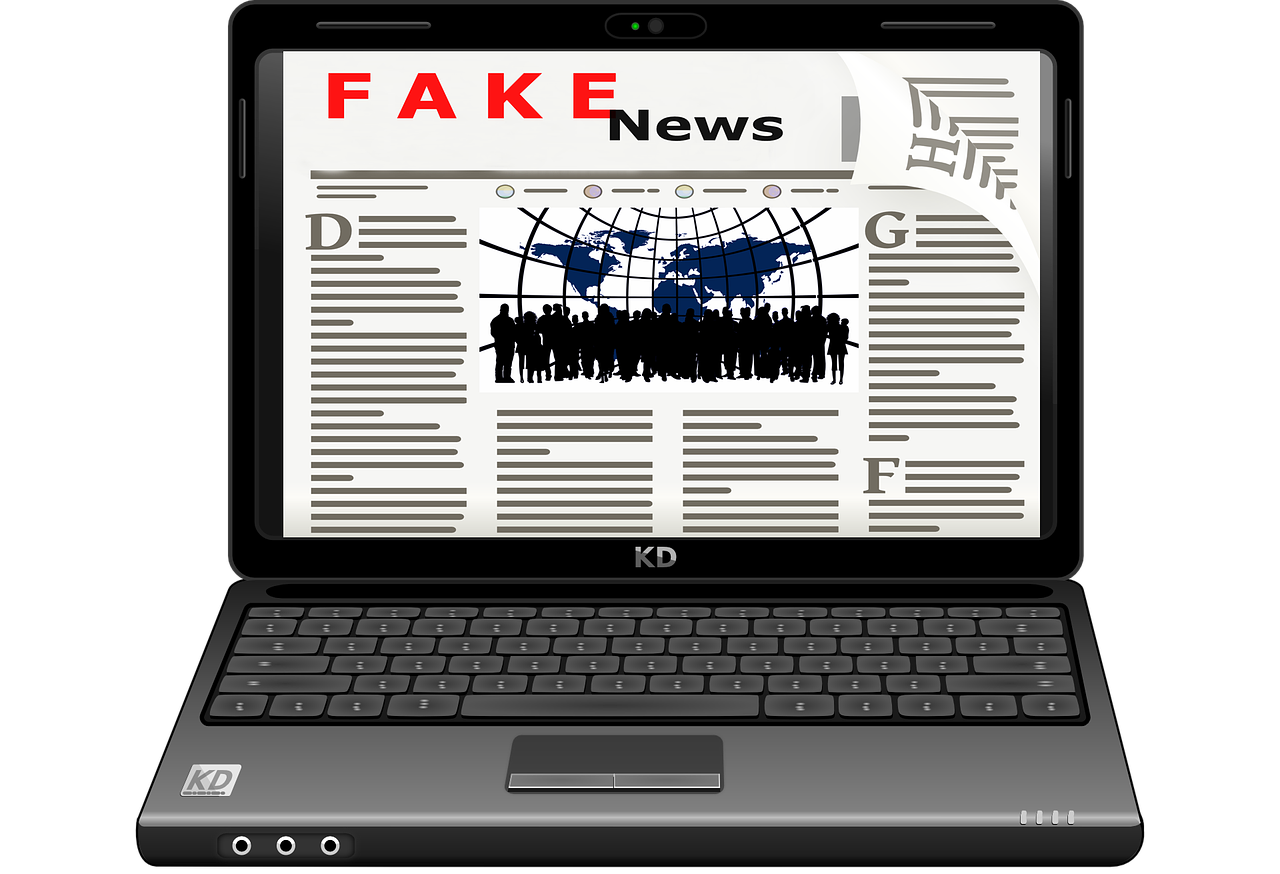Rumors and false information have always existed and circulated. However, it is only over the last few years with the advent of social networks that the term “fake news” has become established in our daily lives.
But what are fake news?
The term fake news cannot simply be put as “false information”. In fact, in English there is a distinction between “false” and “fake”. The information is not just erroneous; it is falsified, deliberately created in the tone and the language of traditional news media to deceive the reader.
Today, this definition is increasingly being lost with the massive use of social networks and their sharing tools. But this is also due to readers’ growing mistrust towards mass media.
Finally, this notion of fake news remains rather vague in its definition and complex in its understanding. Faced with a term that involves a notion of relativity, fighting it seems difficult and indeed dangerous.
Can we counter fake news with technology?
Unfortunately, there is no algorithm that can verify the reliability of informations. You would need to know all the sources, be able to check them one by one and compare them; a complex task that cannot be solved with a calculation.
On the 19th January 2018 Facebook, the first giant to be criticized for its impact on the disseminating of fake news, declared that a new solution for combatting it would be implemented on its network. Its operation is very simple; it consists in prioritizing information according to the degree of reliability granted by users. But there is lingering doubt: how do we judge the reliability of a source? Should its popularity be taken into account? Or its notoriety? Are users really able to judge?
The question remains open. In any case, this process of classifying and even sorting news seems to have a bright future ahead of it.
Persistence in resolving the conundrum
The popularity of fake news during the last presidential campaigns, particularly in France and the United States , have been the source of much concern. Are we being influenced by this falsified information? If a study by American researchers suggests that this is not the case, the States have nevertheless sounded the alarm.
In Germany, the “NetzDG” measure or “Facebook Law”, which came into force on the 1st of January 2018, obliges the social network giants to practise a policy of severe censorship against fake news. In France, a drafting of the same law is currently under discussion.
It remains to be seen where these legislations will lead to. Must we let Facebook and Twitter judge the reliability of our newspapers? In Germany, the satirical magazine Titanic (comparable to The Onion) has had its Twitter account suspended for ironic fake news. Should humor be censored? In the face of this dilemma, obstinacy is questionable.
There is still a simple and rather effective solution that enables everyone to determine whether or not an article seems reliable: check the origin of the news and the sources cited yourself.
If you have any doubts, avoid mass sharing the article on your networks and therefore associating yourself with “fake news”.
Artcile written by Emilie Weidmann and Translated by Dolores María Carrero Fernández-Baíllo, CAWEB Master’s.

